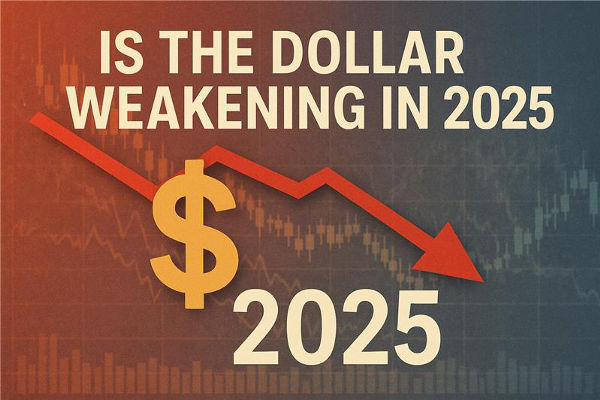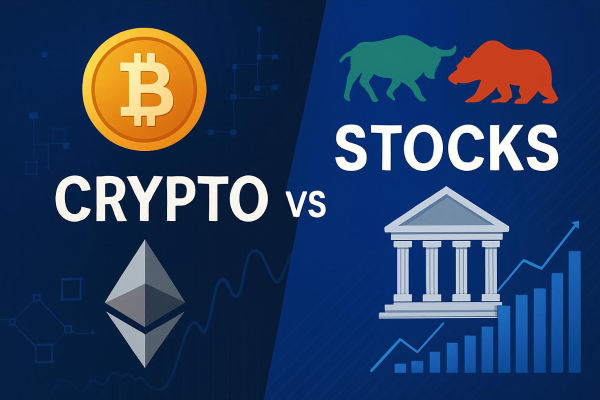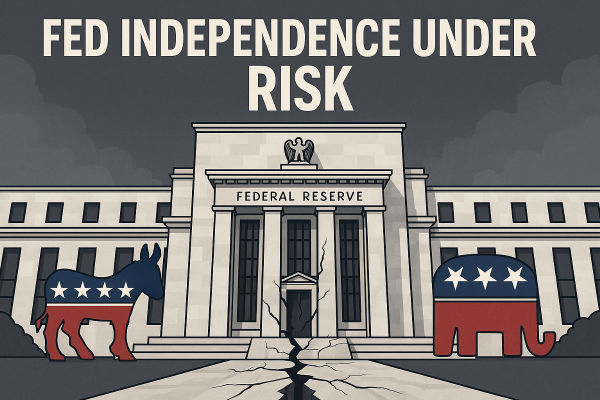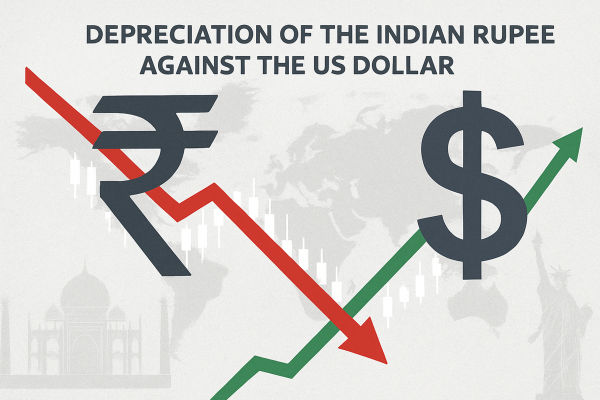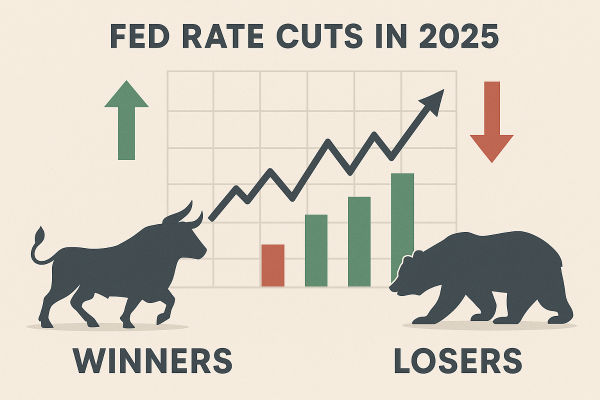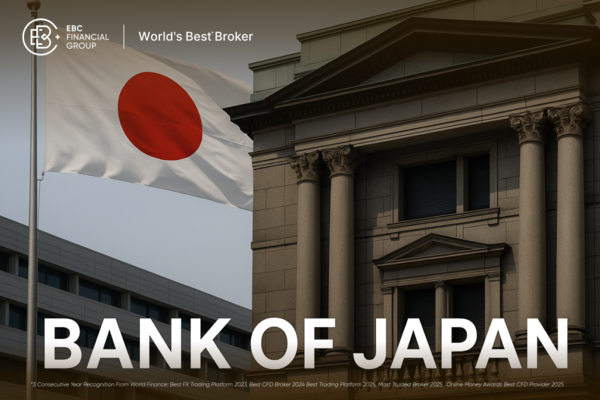In the world of finance, few events capture the attention of investors and traders like the Federal Reserve's meetings. These pivotal gatherings shape U.S. monetary policy, influence interest rates, and send ripples through stock markets, currencies, and commodities worldwide.
As we navigate 2025, knowing the exact dates of each Federal Open Market Committee (FOMC) meeting and what might be announced can help traders and investors anticipate market shifts and make more informed decisions.
In this guide, we'll explore the complete 2025 Fed meeting schedule, how these meetings work, meeting agendas, and what each decision could mean for the economy.
What Is the FOMC and Why Does It Matter?
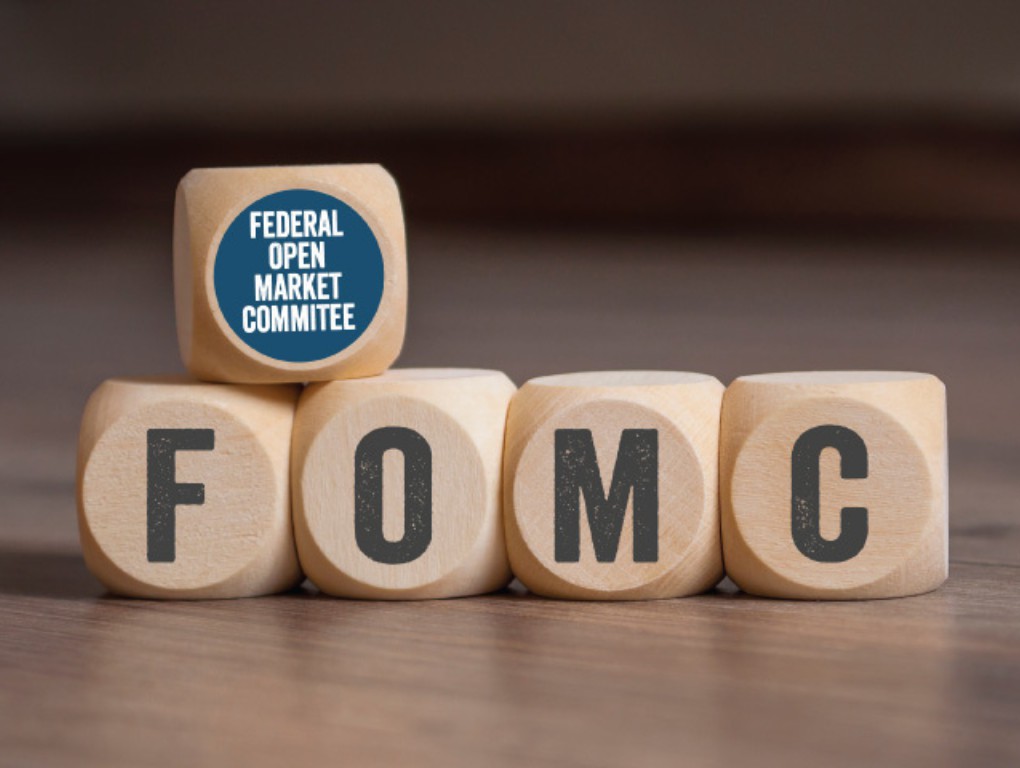
The Federal Open Market Committee (FOMC) is the policy arm of the U.S. Federal Reserve responsible for managing monetary policy. It sets the federal funds rate, the key short-term interest rate that influences economic growth, inflation, and employment.
Since 1981, the FOMC has typically met eight times a year, with each meeting lasting about two days, and may hold additional unscheduled meetings during emergencies.
At each meeting, the committee issues a policy statement, followed by a press conference led by the Fed Chair. Some meetings also include the Summary of Economic Projections (SEP) and forecasts about where rates may head.
Markets pay close attention to the rate decisions and the tone of the accompanying communication, making these meetings key events for investors.
2025 FOMC Meeting Calendar & Key Dates
| Meeting |
Dates |
SEP & Press Conference |
| 1st |
Jan 28–29 |
No |
| 2nd |
Mar 18–19 |
Yes |
| 3rd |
May 6–7 |
No |
| 4th |
Jun 17–18 |
Yes |
| 5th |
Jul 29–30 |
No |
| 6th |
Sep 16–17 |
Yes |
| 7th (next)
|
Oct 28–29 |
No |
| 8th |
Dec 9–10 |
Yes |
The Federal Reserve Board has thus far validated the calendar as of September 2025.
When Is the Next Fed Meeting?
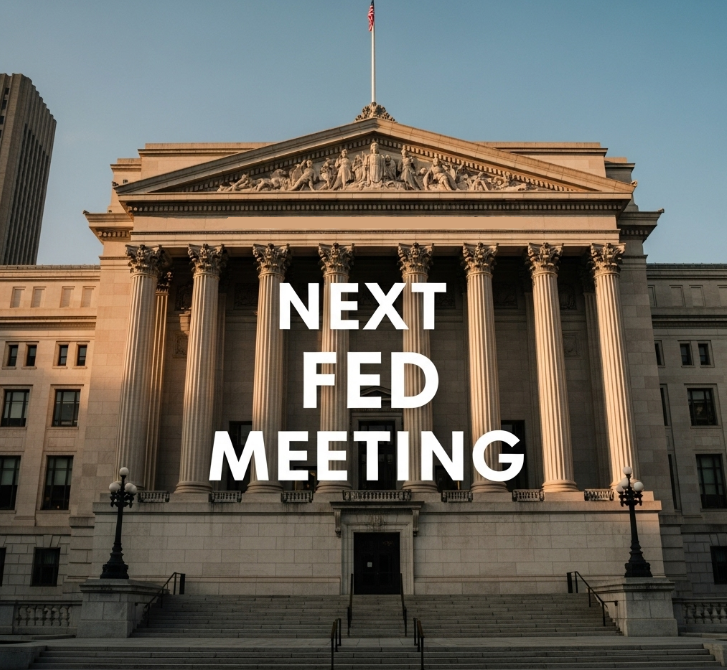
Looking ahead, the next confirmed FOMC meeting will be held on:
Both meetings are expected to draw heightened attention from global markets as investors look for signals on whether the Fed will continue cutting rates into 2026.
What Happened at Each Meeting So Far?
Meeting 1) Jan 28–29, 2025
Meeting 2) Mar 18–19, 2025 (SEP)
Meeting 3) May 6–7, 2025
Meeting 4) June 17–18, 2025 (SEP)
Meeting 5) July 29–30, 2025
Rates maintained at 4.25%–4.50%.
Two dissenters (Waller, Bowman) supported a rate cut.
Fed reaffirmed a cautious, data-driven approach.
Minutes suggested markets expected 1–2 cuts by the end of 2025.
Meeting 6) September 16–17, 2025
SEP projections showed:
Two more cuts likely before year-end.
GDP growth revised upward (median 1.6% for 2025).
Unemployment is near 4.5%.
Core inflation remains above 2% target.
Key Dates and Expectations for Upcoming Meetings
October 28–29, 2025 (Meeting 7)
Another standard meeting. Markets will weigh any new economic developments like U.S. elections, global policy changes, or inflation surprises.
December 9–10, 2025 (Meeting 8)
The final scheduled meeting of the year, complete with SEP. It is often a decisive meeting for rate outlooks heading into the next year.
Tentative 2026 Fed Meeting Schedule
The Federal Reserve has released a preliminary calendar for 2026. Meetings marked with * will include the Summary of Economic Projections (SEP):
January 27–28, 2026
March 17–18, 2026*
April 28–29, 2026
June 16–17, 2026*
July 28–29, 2026
September 15–16, 2026*
October 27–28, 2026
December 8–9, 2026*
How to Prepare for Fed Meetings
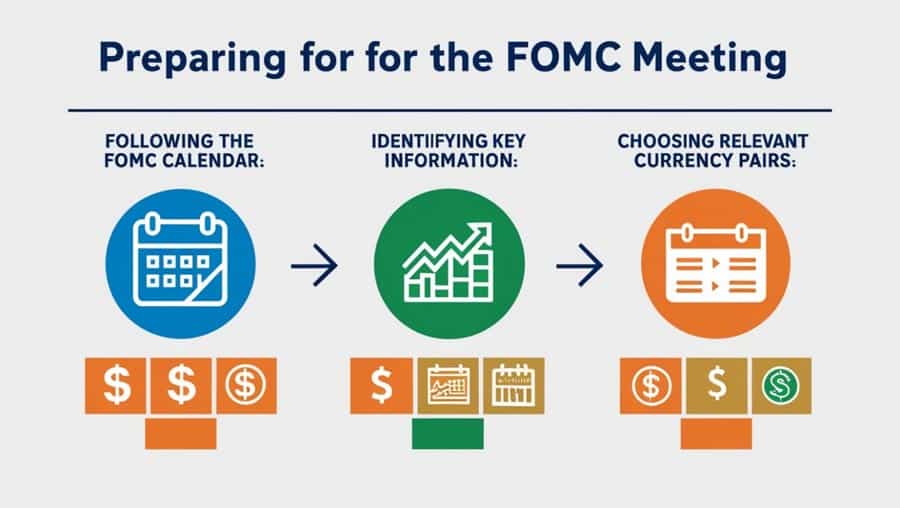
If you're a trader, investor, or financial planner:
Mark SEP meetings (Mar, Jun, Sep, Dec) and expect volatility as it includes a Summary of Economic Projections.
Monitor the Fed's dot plot shifts, especially around rate cuts.
Compare Fed commentary to incoming data as weak indicators could necessitate dovish shifts, while robust data postpones rate cuts.
Watch asset-market reactions, such as equities, Treasuries, and the U.S. dollar, are highly sensitive around these meetings.
Why 2025 Is a Tightrope Year and Looking Ahead to 2026
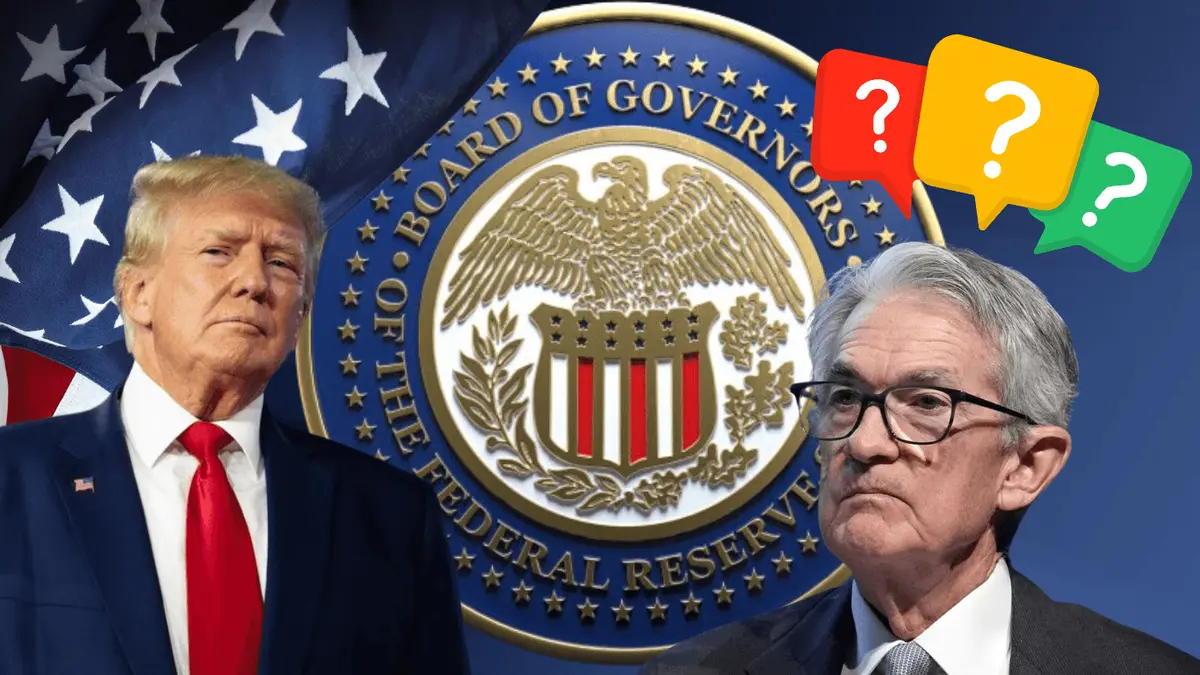
The Fed is walking a policy tightrope, with balancing inflation around 3–4%, GDP growth near 2.7%, and robust employment. Trade disruptions, geopolitical risks, and simmering inflation keep the committee cautious.
Powell's data-driven stance, reinforced this past June, underscores a strategy of "wait-and-see" as tariff impacts play out.
Frequently Asked Questions
1. What Were the Key Outcomes of the September 16–17, 2025, Fed Meeting?
The Fed cut rates by 25 basis points, to 4.00%–4.25%. It was the first cut of 2025, with Powell stressing future moves will depend on data.
2. When Is the Next Fed Meeting After September 2025?
The next FOMC meeting is scheduled for October 28–29, 2025.
3. What Is the Current U.S. Inflation Rate?
As of August 2025, annual CPI inflation stands at 2.9%, with core inflation at 3.1%.
4. How Many Rate Cuts Does the Fed Project for the Rest of 2025?
The markets anticipate one more interest rate cut; however, the Federal Reserve has not made any commitments regarding this. Decisions remain data-dependent.
Conclusion
In conclusion, the next Federal Reserve meeting is scheduled for October 28–29, 2025, following the pivotal rate cut in September. With inflation cooling but still above target, and economic growth moderating, the Fed faces a delicate balancing act.
Investors should watch closely not only the rate decisions but also Powell's language and the Fed's economic projections, as these shape expectations for 2026 monetary policy and market trends.
Disclaimer: This material is for general information purposes only and is not intended as (and should not be considered to be) financial, investment or other advice on which reliance should be placed. No opinion given in the material constitutes a recommendation by EBC or the author that any particular investment, security, transaction or investment strategy is suitable for any specific person.









